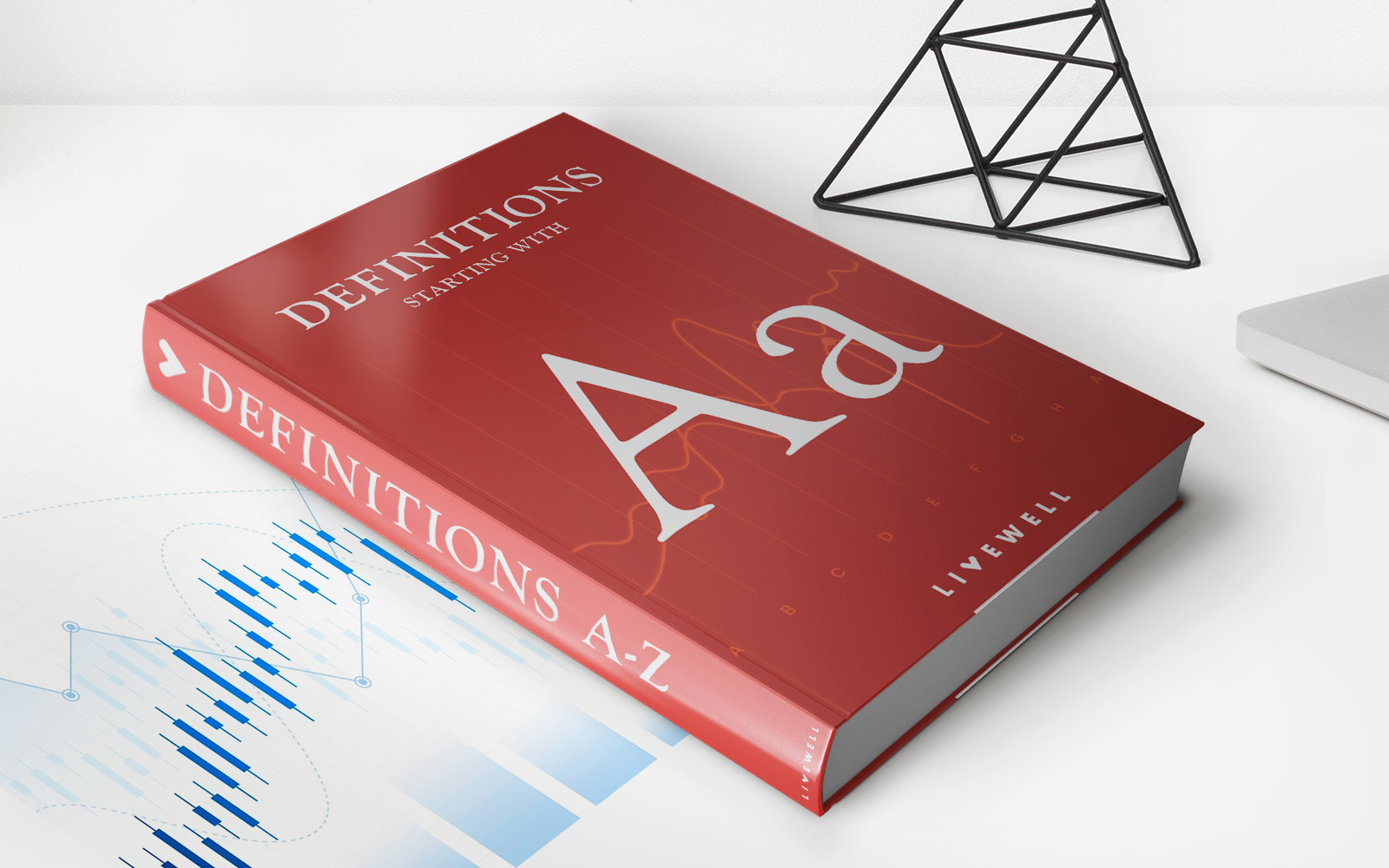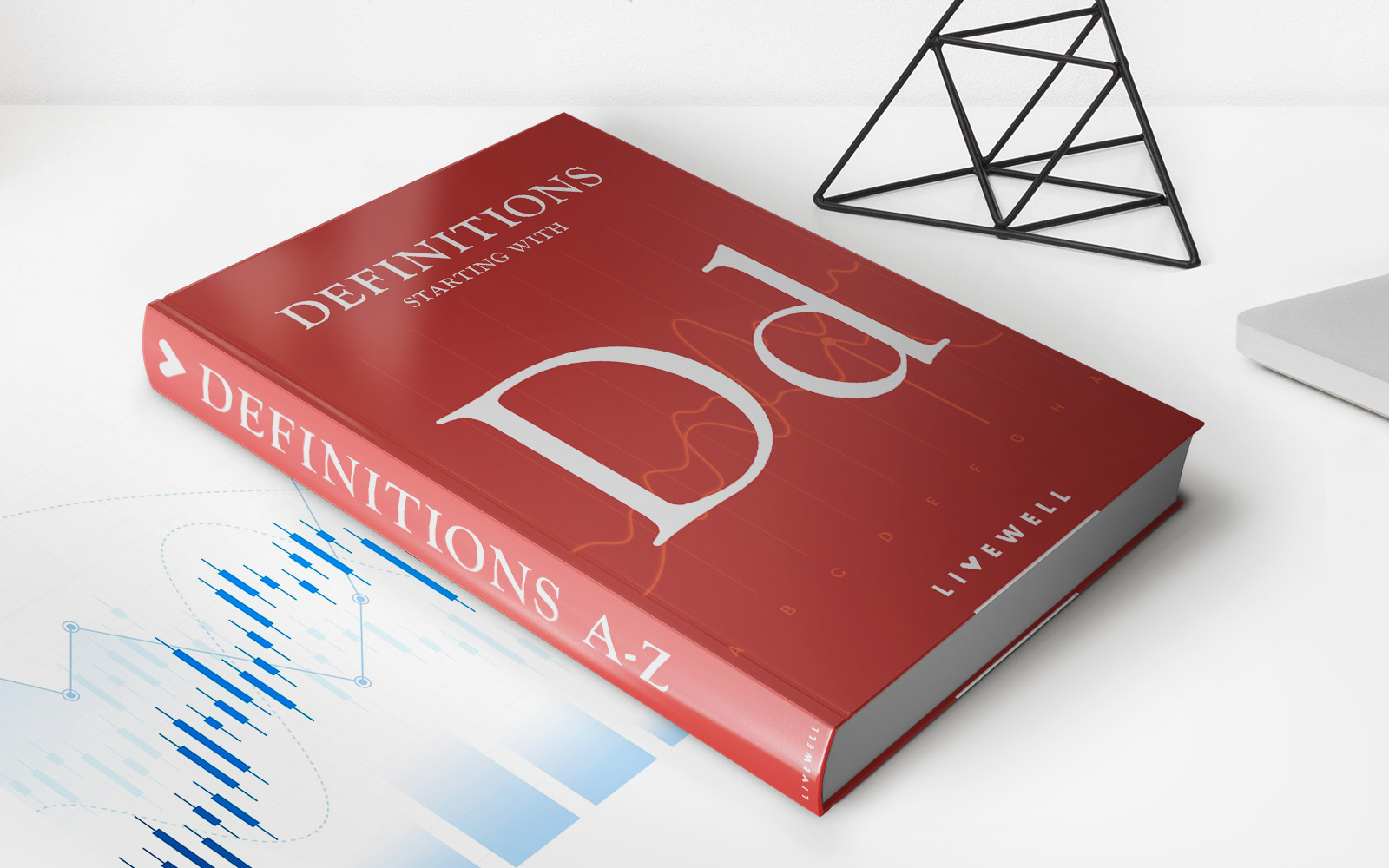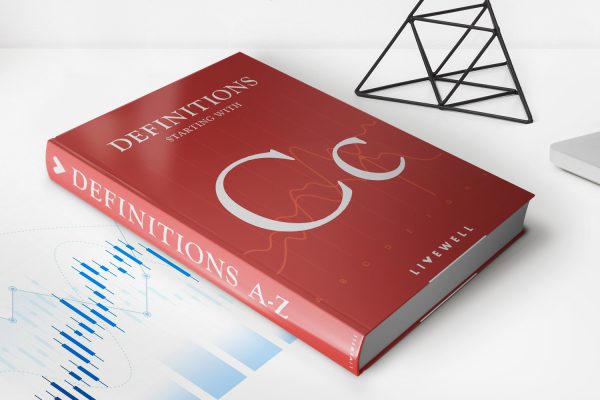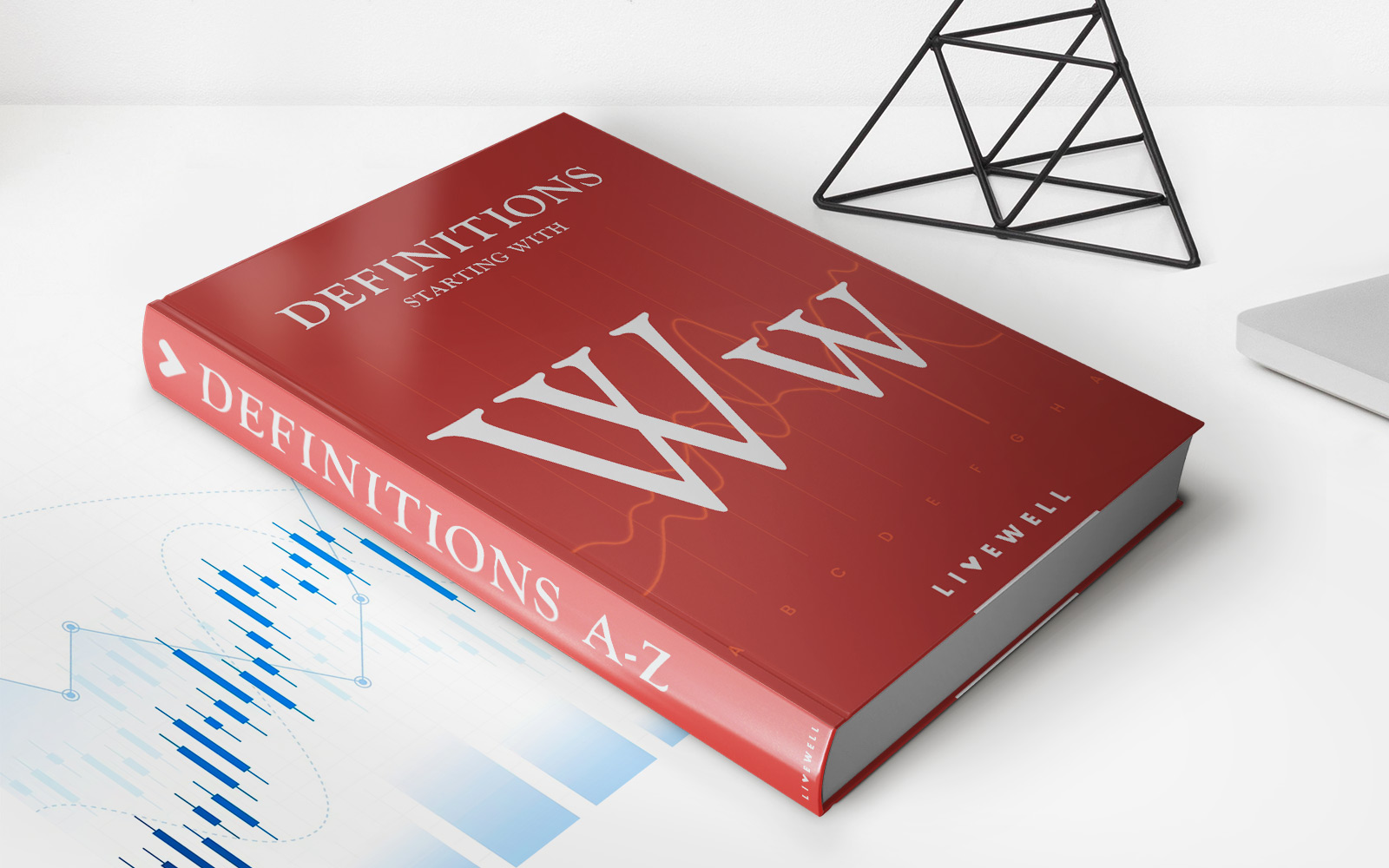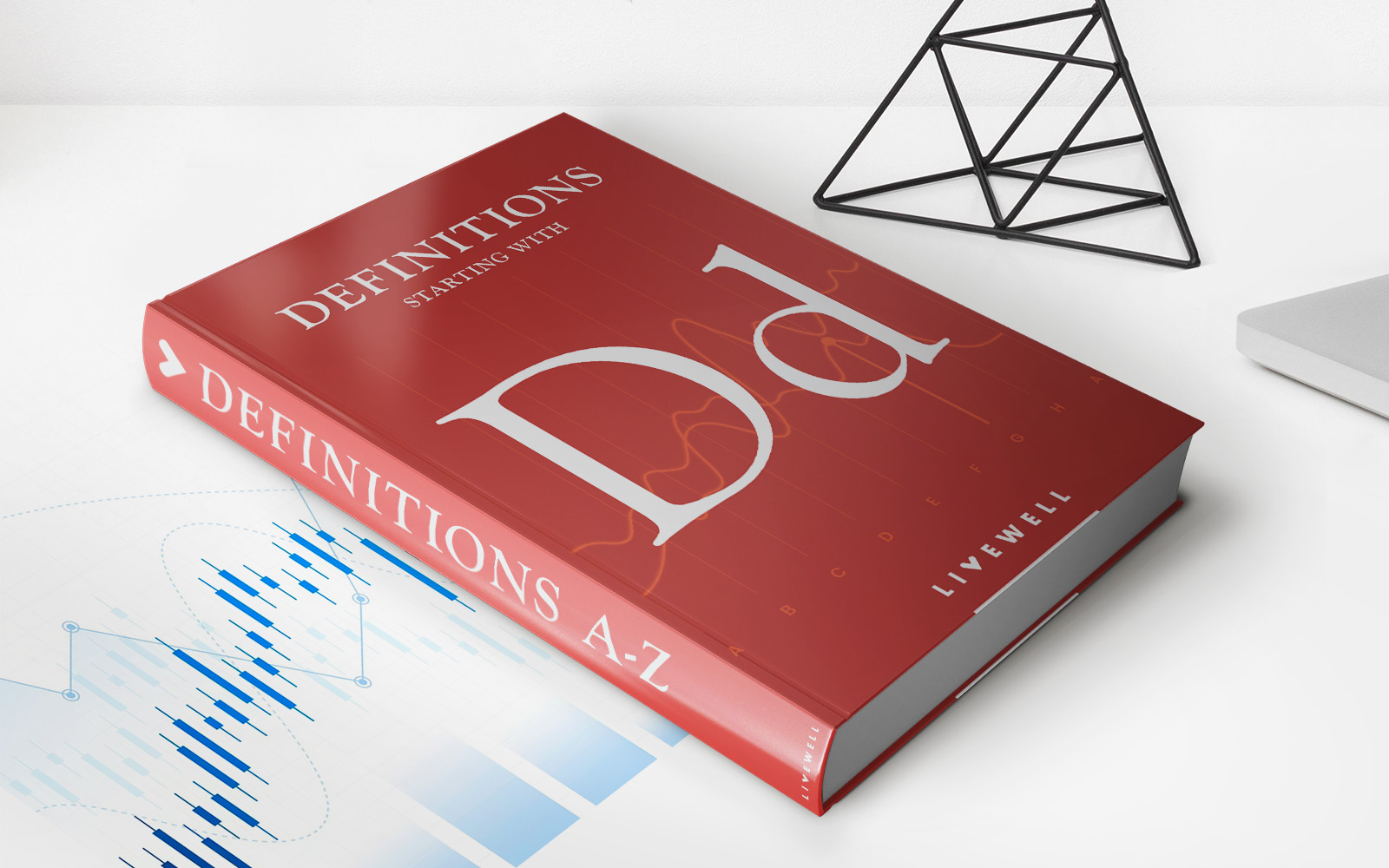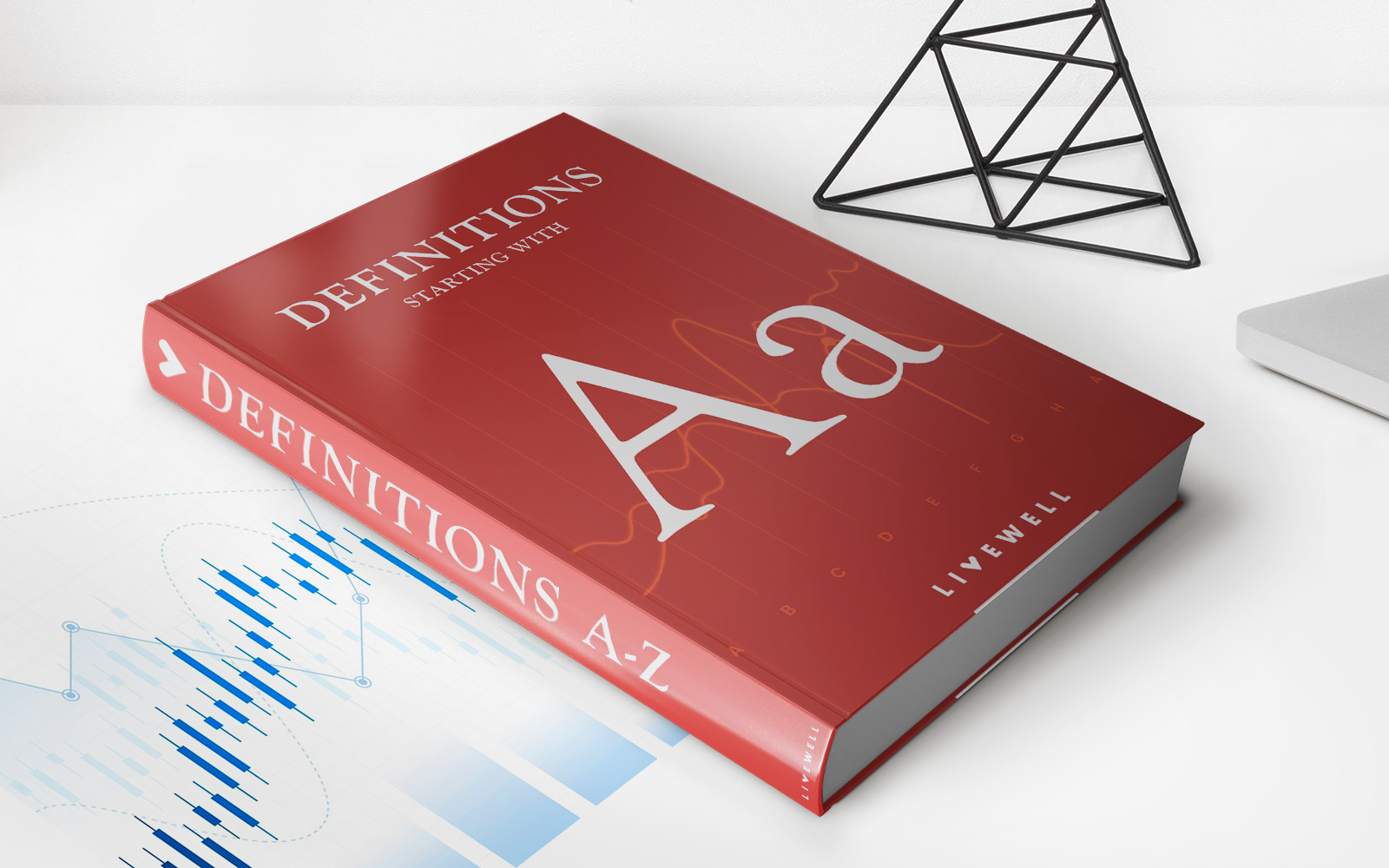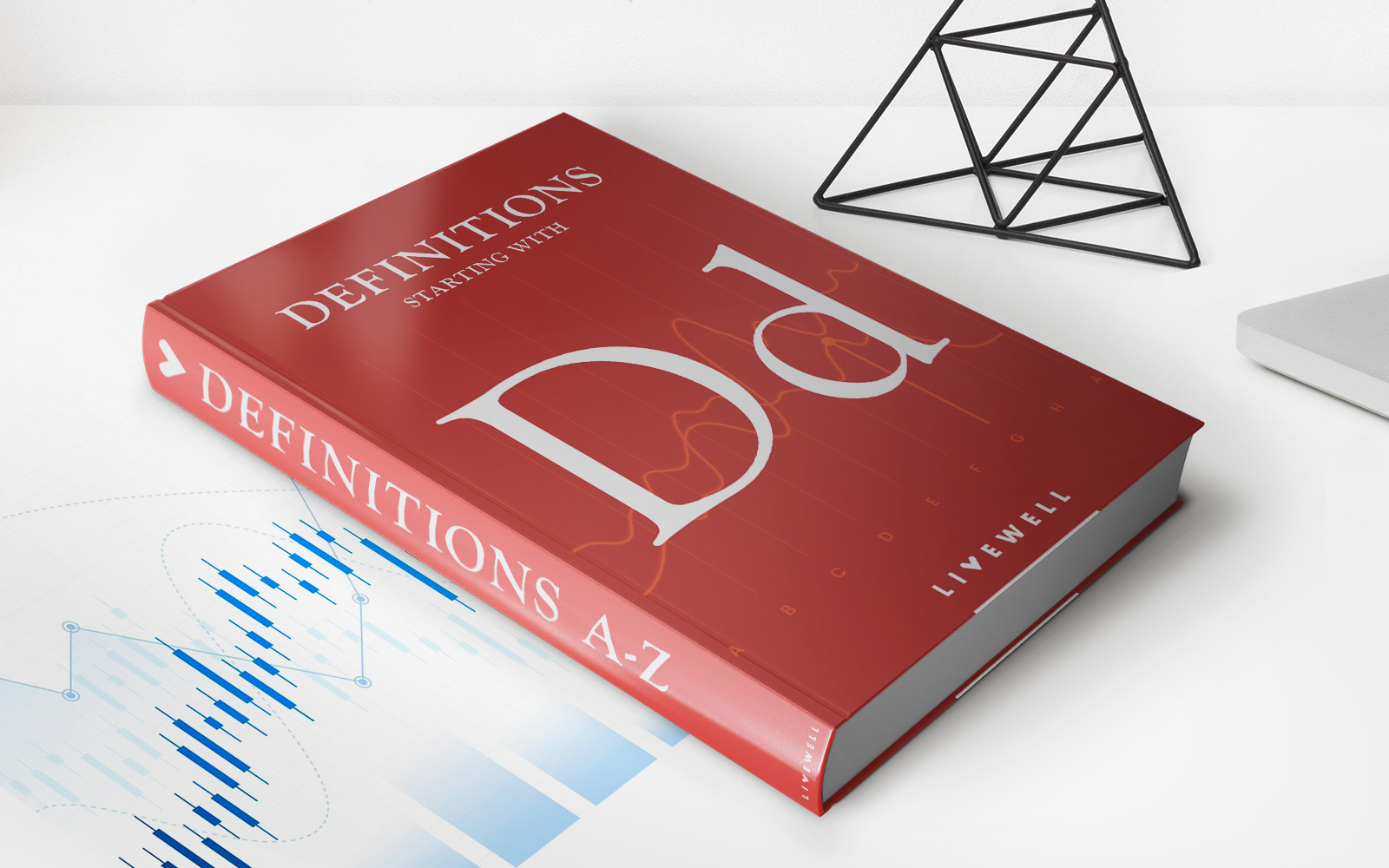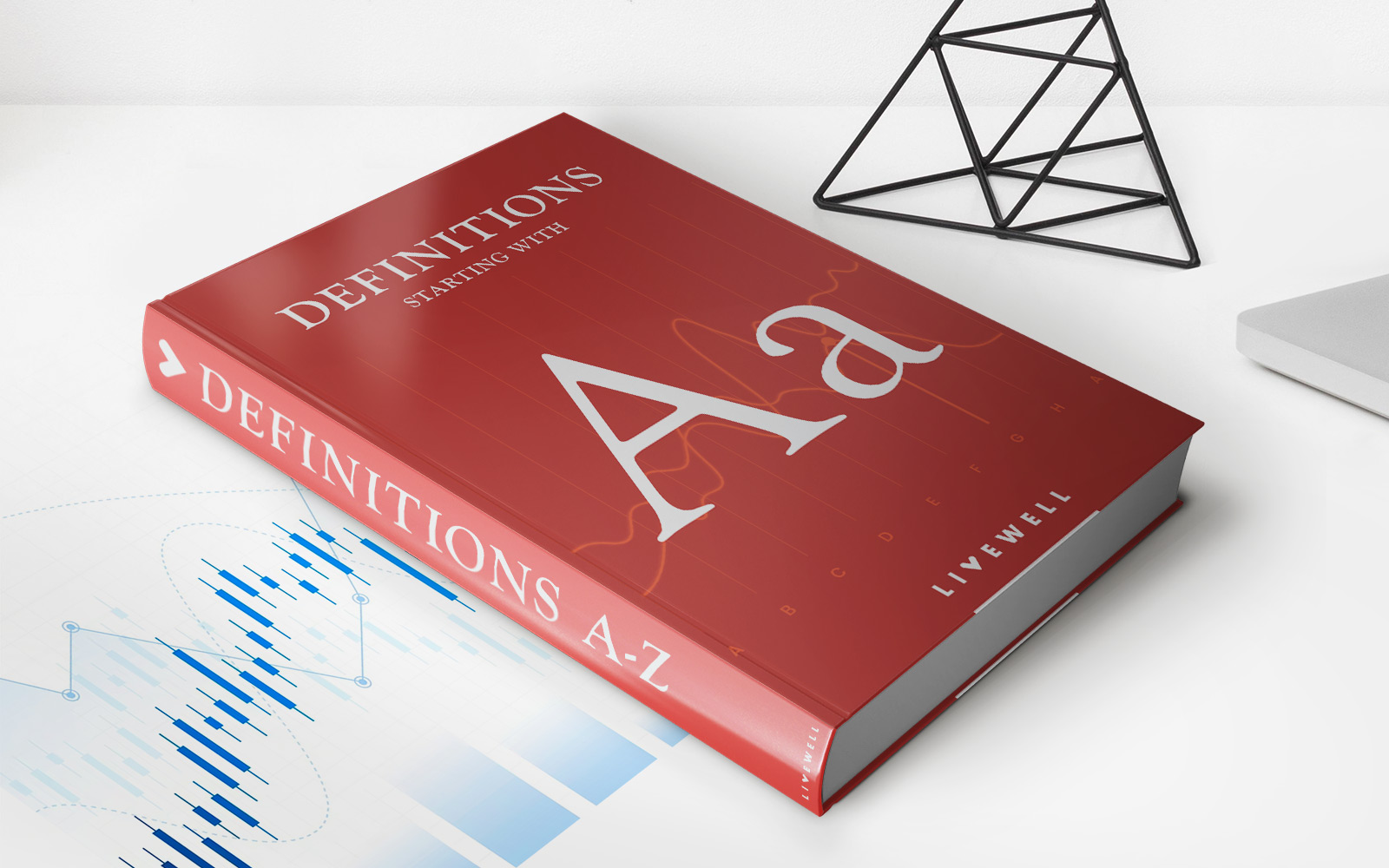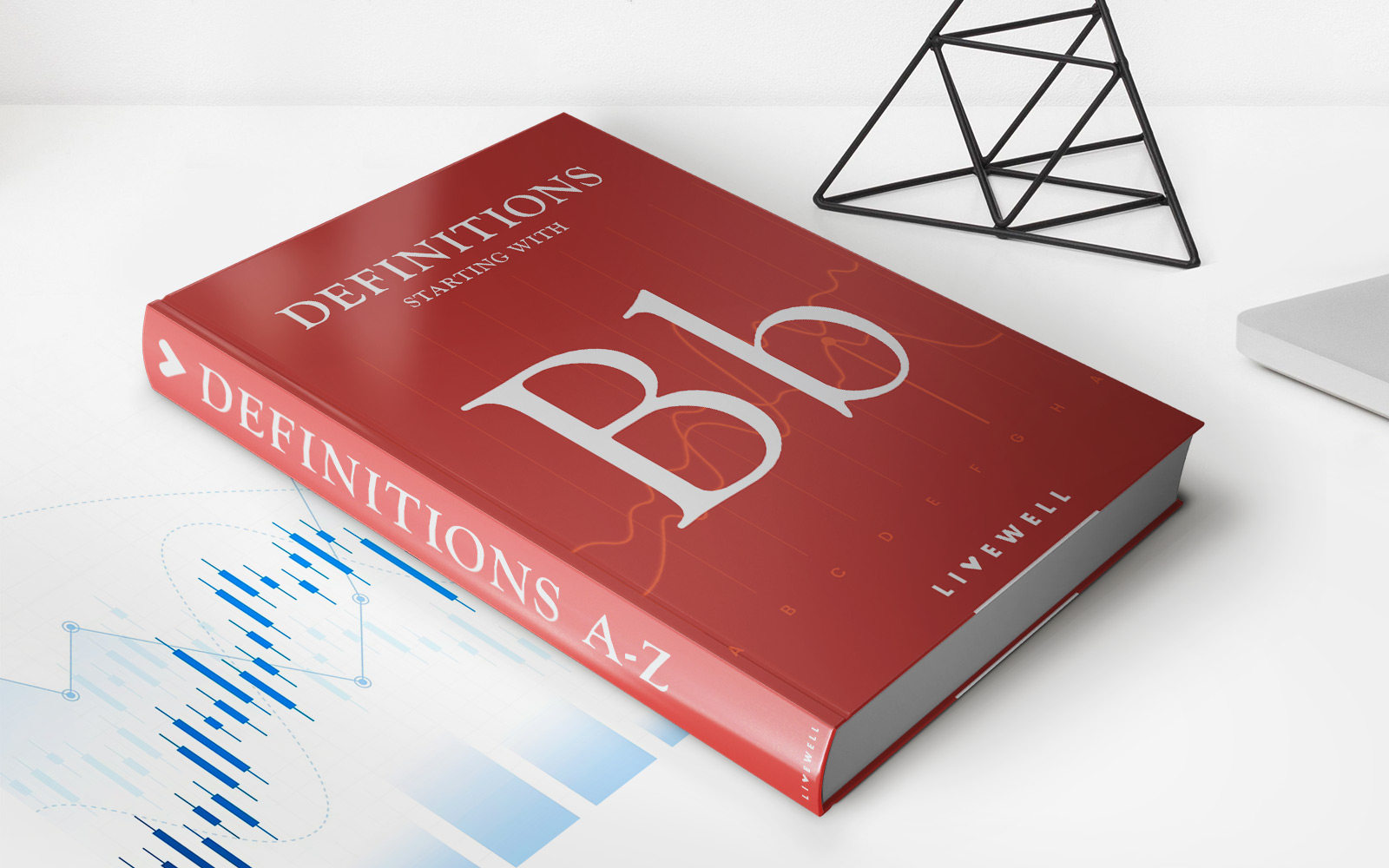

Finance
Bank Fees Definition And Different Types
Published: October 13, 2023
Discover the definition and various types of bank fees in the world of finance. Understand how these fees impact your financial transactions and find ways to minimize them.
(Many of the links in this article redirect to a specific reviewed product. Your purchase of these products through affiliate links helps to generate commission for LiveWell, at no extra cost. Learn more)
Understanding Bank Fees: Definition and Different Types
When it comes to managing your finances, it’s essential to be aware of the various bank fees that can impact your account. Bank fees are charges imposed by financial institutions for the services they provide. Understanding these fees is crucial to avoiding unnecessary charges and keeping your financial health in check.
Key Takeaways
- Bank fees are charges imposed by financial institutions for the services they provide.
- Understanding bank fees helps you avoid unnecessary charges and maintain your financial health.
In this article, we will explore the definition of bank fees and the different types to give you a comprehensive understanding of how they can affect your finances.
What Are Bank Fees?
Bank fees refer to the charges that financial institutions impose on their customers for the services they provide. These fees can vary from bank to bank and can be assessed for a wide range of reasons, including maintaining an account, accessing certain features, and conducting specific transactions.
It’s important to note that while some bank fees are predictable and avoidable, others may be difficult to dodge, especially if they are a result of regulatory requirements or specific situations. However, being aware of these fees can help you make more informed choices about your banking habits.
Different Types of Bank Fees
Now that we understand the basic definition of bank fees, let’s dive into the different types you may encounter:
- Monthly Maintenance Fees: Some banks charge a monthly maintenance fee for keeping your account active. These fees can vary depending on the type of account you have and the bank you are with. To avoid these charges, consider choosing a bank that offers no-fee or low-fee accounts.
- Overdraft Fees: When you make a transaction that exceeds the available balance in your account, the bank may charge an overdraft fee. This fee can quickly add up, so it’s crucial to keep track of your account balance and avoid spending more than you have.
- ATM Fees: If you use an ATM that is not operated by your bank, you may be subject to an ATM fee. These fees can range from a few dollars per transaction, so it’s wise to try and use your bank’s ATMs or look for fee-free options when possible.
- Foreign Transaction Fees: If you frequently travel internationally or make purchases in foreign currencies, be aware of foreign transaction fees. These charges can apply when you use your debit or credit card outside of your home country.
- Account Closure Fees: When closing an account, some banks may charge an account closure fee. Before closing your account, it’s essential to review your bank’s policies to understand if there are any associated costs.
- Returned Deposit Fees: If a check deposited into your account is returned, the bank may charge a returned deposit fee. This fee can be levied if the check is fraudulent, forged, or bounces due to insufficient funds.
While the above-listed fees are common, it’s important to remember that there can be other fees specific to different banks and account types. Therefore, it’s always wise to review your account terms and conditions or contact your bank directly to understand the specific fees that apply to your accounts.
Conclusion
Bank fees are an inevitable part of banking, but being aware of the different types can help you be more conscious of your transactions and choices. By understanding bank fees, you can make informed decisions, avoid unnecessary charges, and maintain a healthy financial situation.
Remember to review your bank statements regularly, stay updated on your account terms and conditions, and be sure to explore banking options that offer lower fees or fee-free accounts. Keeping these practices in mind will help you minimize bank fees and maximize your financial well-being.



